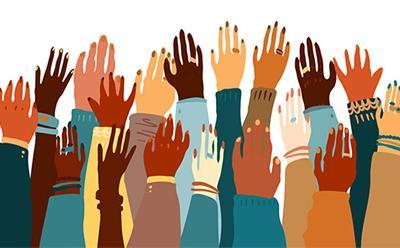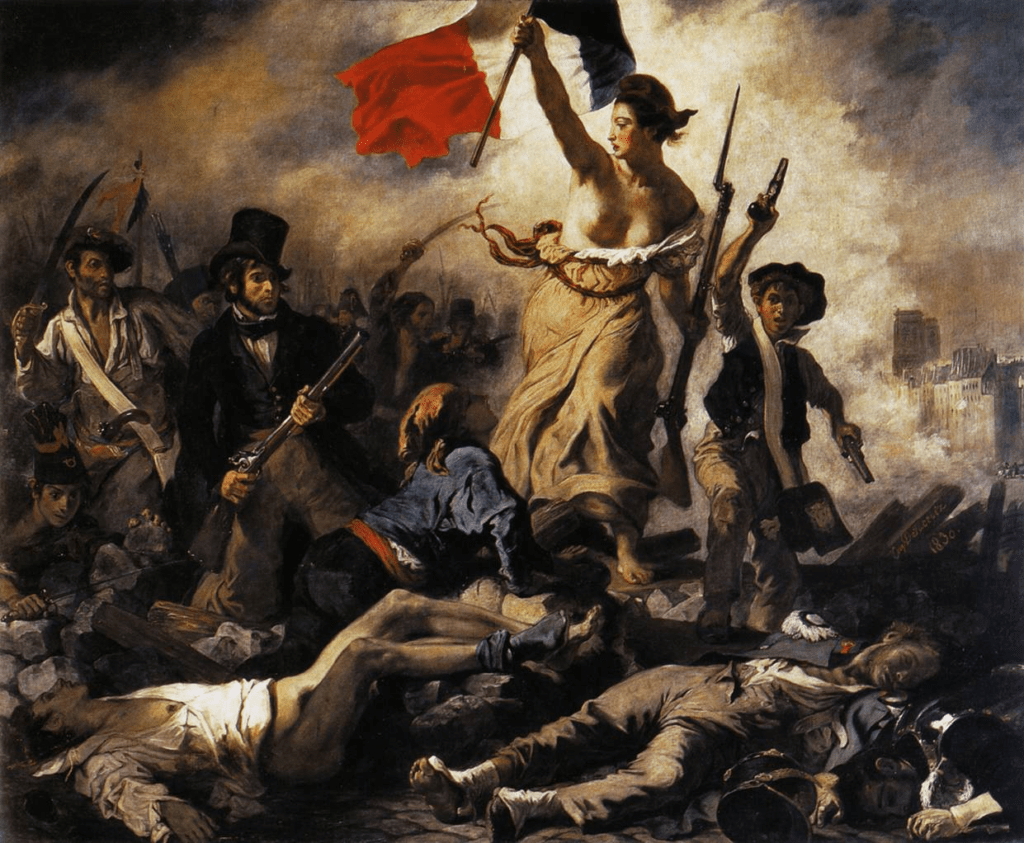In a democracy, political parties play a significant role in shaping the political landscape of a country.
Political parties are organizations formed to contest elections and to hold power in government. They represent the views of different sections of society and act as intermediaries between the citizens and the government.
In this essay, I will discuss the role of political parties in democracy also how they contribute to the functioning of a democratic system.

First and foremost, provides a platform for citizens to participate in the political process. Through political parties, citizens can express their views on issues that matter to them and can work together to influence government policy.
Political parties also act as a link between the citizens and the government, as they communicate the concerns of the citizens to the government and convey the policies and decisions of the government to the citizens.
Secondly, helps to provide stability and continuity in government. In a democracy, citizens elect the government for a fixed term, and during this period, the government is expected to implement its policies and fulfill its promises.
Political parties provide the necessary support and guidance to the government to ensure that it remains focused on its agenda and is able to carry out its mandate effectively.
This continuity is particularly important in countries with complex political systems, where changes in government can lead to instability and uncertainty.
Thirdly, political parties help to promote accountability and transparency in government. In a democracy, parties must follow the law and be accountable to citizens.
Political parties must uphold ethical standards and also serve citizens’ best interests. This ensures government is accountable and citizens trust that their concerns are being heard.
Fourthly, helps to promote diversity and representation in government. Political parties represent different sections of society and provide a platform for marginalized groups to have their voices heard.
Political parties ensure government represents and addresses citizens’ needs and concerns.
Fifthly, helps to promote political education and awareness. Political hold rallies, meetings, also campaigns to educate citizens on politics and relevant issues.
This increases citizen participation and ensures government policy awareness.
Sixthly, helps to promote democracy by providing citizens with a choice. In a democracy, citizens freely choose parties, fostering competition.
This competition ensures parties’ accountability also their efforts to earn citizens’ support.
Seventhly, play a role in the formation of the government. In a democracy, the party that wins the most seats in an election typically forms the government.
Political parties work to build coalitions and alliances to increase their chances of winning elections and forming the government. This process ensures democratic government formation and citizen interests consideration.
Finally, it plays a role in shaping public opinion. Political use media, campaigns, and rallies to shape public opinion on issues that matter to them. This influences government policies and informs citizens about relevant issues.
Conclusion
Political parties play a critical role in ensuring the smooth functioning of a democratic system. They offer a platform for citizens to engage in the political process and ensure that they hear their voices.
Political promote stability, accountability, and transparency in government, promote diversity and representation, and shape public opinion. They educate citizens about the political process and also ensure government accountability to the people.
Democracy cannot exist without political, and they must adequately represent the interests and concerns of citizens.
Political must build a robust democracy that serves all citizens, regardless of their background. 온라인카지노
